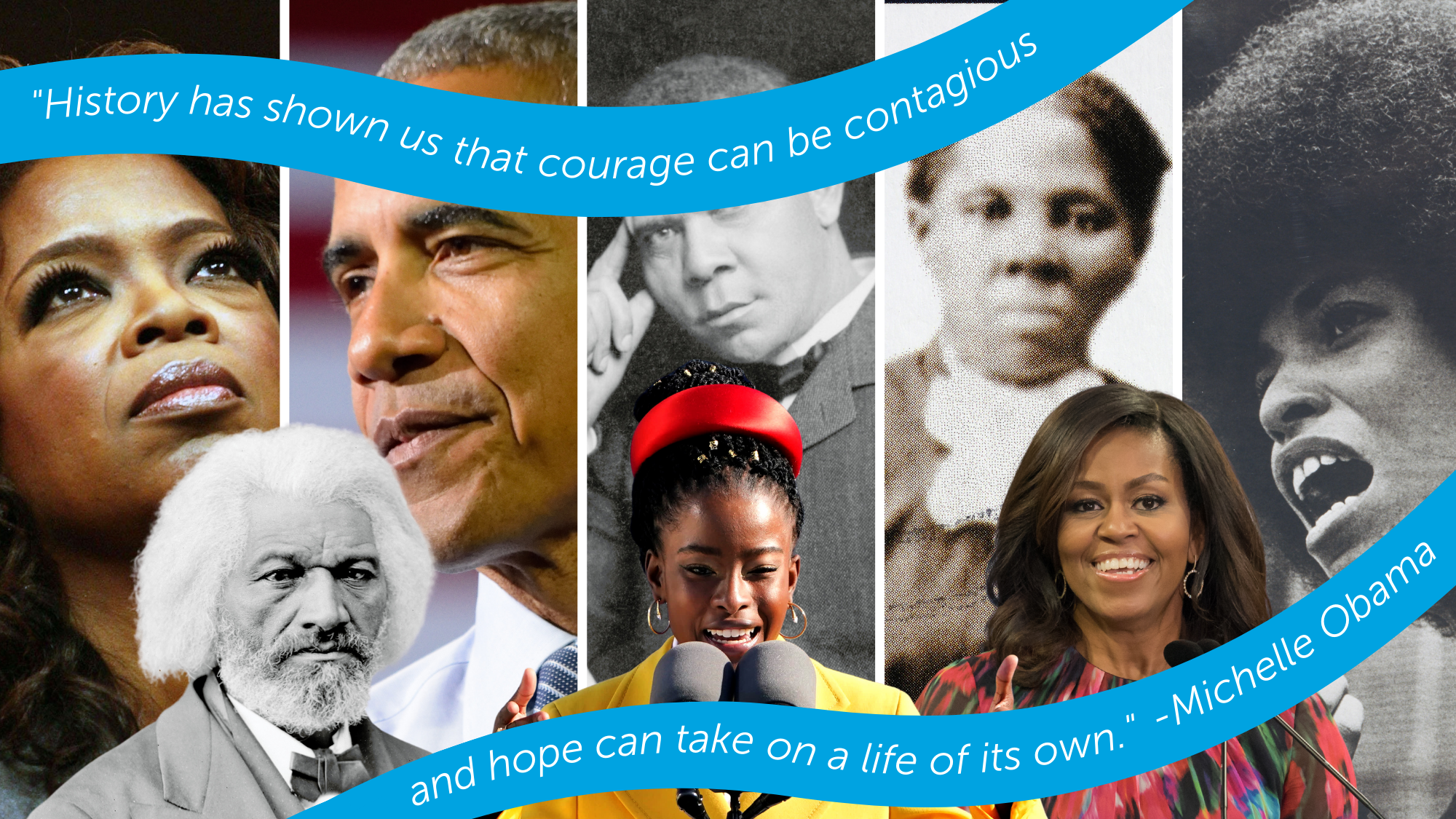
This February, bi3 celebrates Black History Month and the many men and women who have had the courage to stand up and speak out for justice. One month is not enough time to celebrate our Black American heroes. Still, it is an important prompt to continue to educate ourselves and inspire change. And change must start with building trust through actions and words.


Jill Miller
President, Bethesda Inc.
bi3 UPDATES
bi3 shares its trust-based approach with funders across the country
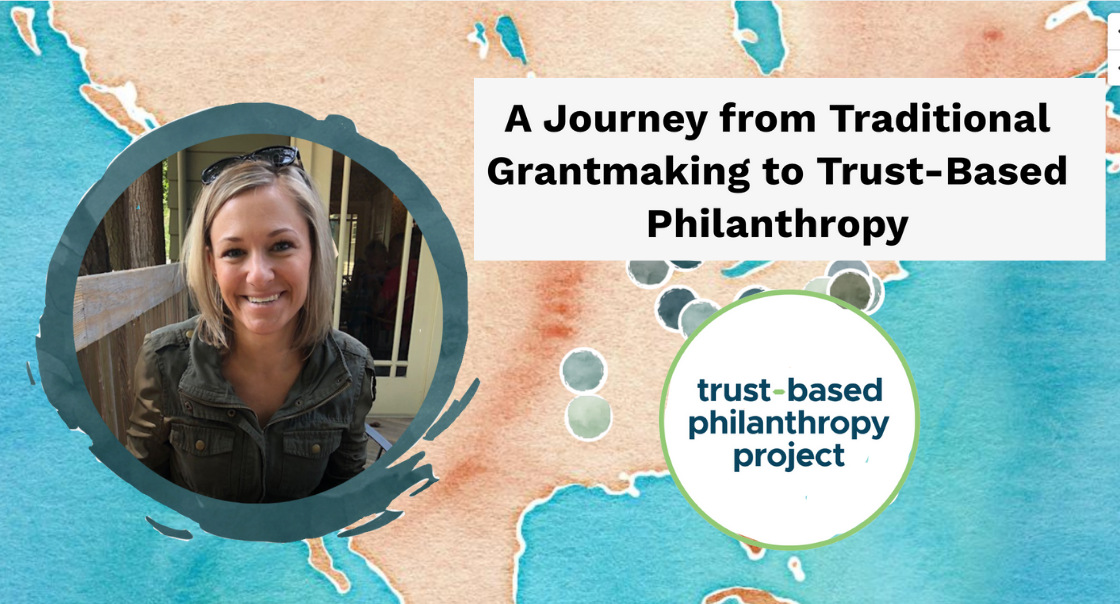
More funders are beginning to challenge how philanthropy has contributed to and reinforced systemic inequities. By sharing our story on Trust-Based Philanthropy Project’s interactive story map, we hope to help and inspire funders who are leaning into trust-based practices and partnerships. What impact can this shift have?
“bi3 is a partner, a trusted partner. In the world of philanthropy and nonprofits, there are a lot of nuances and power dynamics that can occur from funder to grantee. Historically and still currently, it is typical for nonprofits to experience a lot of bureaucracy, positional power dynamics that are uncomfortable, and “hoops” to jump through with funders and donors to secure investment in a mission and a program.
However, bi3 manifests VERY differently. bi3 operates from a partnership approach and trust-based philanthropy. This results in grantees feeling empowered to push the envelope with being innovative, transformative and able to really communicate what we need and what we see coming down the pipeline for the region. It generates a dialogue that is open, accessible and allows for growth.
I’ve been in Cincinnati for 17 years and have only had this experience with one other funder. bi3’s approach is unique and rare, and I would love to see it replicated by other funders. We encourage bi3 to continue positioning itself as a partner in the region to nonprofits. When trust occurs, so much good work can be created, piloted, and expanded.” – Kristin Shrimplin, President & CEO of Women Helping Women
Kiana Trabue offers perspective on using language as a tool to reduce health disparities
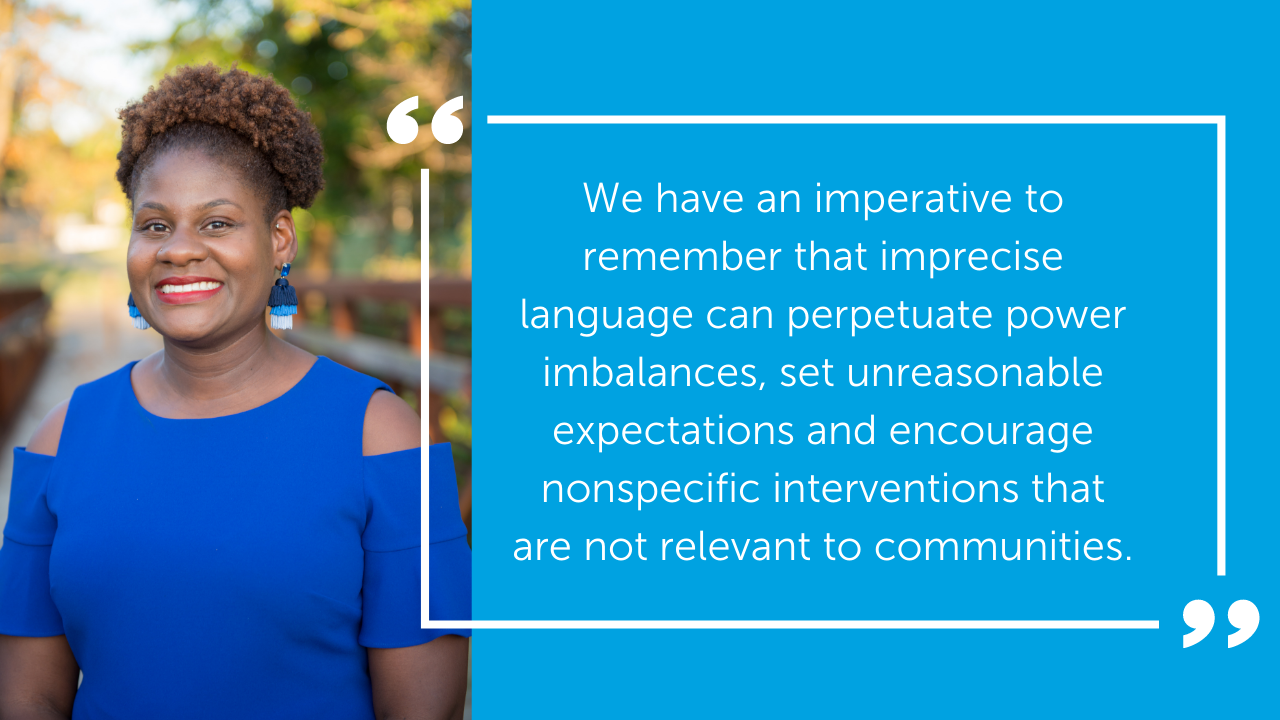
In the nonprofit and social service sector, the word “vulnerable” is commonly used to describe people who are more likely to experience health disparities. However, the term often doesn’t define who is vulnerable, why they are vulnerable, and what high-risk they face. Without context, vague terms can unintentionally harm the populations we seek to serve.
In our latest blog, bi3 Vice President of Strategic Partnerships Kiana Trabue provides insight on the responsibility we have to be thoughtful and intentional with the language we use as we work to achieve health equity.
bi3 releases 2021 Capacity Building Survey results
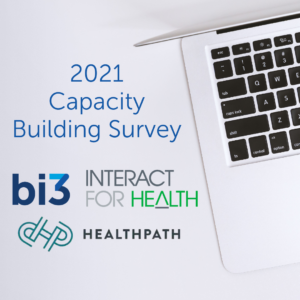
Capacity building enables our nonprofit community to develop the competency and skills needed to build efficiency, sustainability and impact. In 2020, bi3 awarded $1.59 million for technology, tools, and training to 37 area nonprofit organizations so they could pivot and provide their health-related services virtually.
Now, together with Interact for Health and HealthPath, bi3 asked local nonprofits how funders can build on the earlier grants and better support area nonprofit partners.
Based on the 2021 Capacity Building Survey responses, bi3, Interact for Health, and HealthPath are exploring a capacity-building program around two of the top needs identified — evaluation & data collection and equity-focused leadership & practices. This initiative may include training and learning opportunities, technical assistance or consultant support, and peer learning groups. See survey results.
PARTNER UPDATES
New Health Policy Institute of Ohio fact sheet shows connections between racism and health
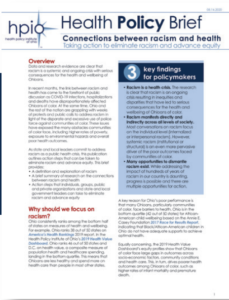 Racism and centuries of unjust practices and policies have built barriers that prevent Ohioans of color from reaching their full health potential. To break down those obstacles, all forms of racism and discrimination must be eliminated.
Racism and centuries of unjust practices and policies have built barriers that prevent Ohioans of color from reaching their full health potential. To break down those obstacles, all forms of racism and discrimination must be eliminated.
The Health Policy Institute of Ohio’s new fact sheet provides a framework of the different levels of racism from internal beliefs to discriminatory policies and structures. It also outlines actions community members and groups can take steps to eliminate racism. These activities can also be adapted to address other forms of discrimination, such as ableism, ageism, sexism, xenophobia and homophobia.
Everyone has a role to play to ensure every Ohioan can reach their full health potential. Read the fact sheet.
TriHealth announces B.O.L.D. program participants
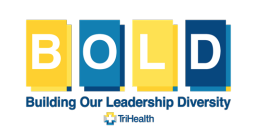 bi3 continues to fuel Diversity, Equity, and Inclusion (DEI) efforts at TriHealth with the launch of its B.O.L.D. (Building Our Leadership Diversity) program. The leadership development program focuses on preparing underrepresented team members for the next stage in their careers and building a talent pipeline for greater diversity in leadership.
bi3 continues to fuel Diversity, Equity, and Inclusion (DEI) efforts at TriHealth with the launch of its B.O.L.D. (Building Our Leadership Diversity) program. The leadership development program focuses on preparing underrepresented team members for the next stage in their careers and building a talent pipeline for greater diversity in leadership.
Congratulations to the 15 TriHealth team members selected to participate! We are proud to support this initiative and look forward to seeing its future growth and impact.

